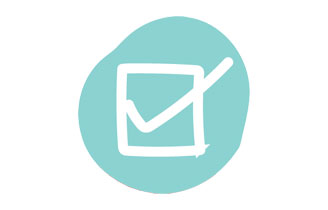Levetiracetam (Keppra®)
Levetiracetam, also known by its brand name Keppra, is used to treat epilepsy. This medication can help to prevent seizures from happening.
Medical experts use Levetiracetam drug for the treatment of epilepsy, NICE do not recommend it for treating brain tumours specifically. You should speak to your healthcare team before taking new medications or making changes to your existing brain tumour treatment.
Levetiracetam and brain tumours
Patients with brain tumours may use this medication to manage seizures. Researchers have found this drug to be preferable for brain tumour patients compared to other anti-epileptic medications. This is because it does not interact with other drugs the patients are likely to be taking.
Research involving levetiracetam
There have been some early studies into whether levetiracetam can increase the effectiveness of temozolomide which appear to have shown positive results. Further research is required to know whether this is effective.
Levetiracetam (Keppra) side effects
Common side effects
The most common side effects of Keppra are;
- Headaches,
- Drowsiness,
- Nausea,
- Vomiting,
- Feeling aggressive,
- Dizziness,
- And a blocked nose.
How common these are?
NHS say “These common side effects of levetiracetam may happen in more than 1 in 10 people.”
More serious side effects
More serious side effects can include;
- Worsening seizures,
- Tiredness,
- Serious changes in mental behaviour,
- Sleepiness,
- Loss of memory, Confusion,
- And uncontrolled movements.
If you have any serious side effects, you should call your doctor or emergency services immediately.
Support and Information Services
Research & Clinical Trials Information
You can also join our active online community.
In this section

Get support
If you need someone to talk to or advice on where to get help, our Support and Information team is available by phone, email or live-chat.
Recommended reading
Share your experiences and help create change
By taking part in our Improving Brain Tumour Care surveys and sharing your experiences, you can help us improve treatment and care for everyone affected by a brain tumour.
